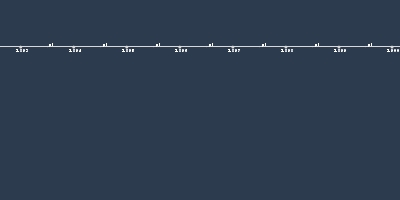jun 30, 1906 - Theodore Roosevelt legislates the Meat Inspection Act and the Pure Food and Drug Act (1906)
Description:
In 1906, President Theodore Roosevelt responded to growing public outrage by signing both the Meat Inspection Act and the Pure Food and Drug Act into law. This move was largely spurred by the shocking revelations in Upton Sinclair’s novel The Jungle, which exposed the unsanitary conditions in the meatpacking industry. These new laws significantly improved food safety by regulating the quality of meat and other consumer goods, ensuring that the products reaching the public were fit for consumption. who continued to endure long hours, low pay, and dangerous environments. These acts laid the foundation for the modern food safety standards we rely on today but fell short of protecting the workers who kept the industry running, because their working conditions stayed the same.CONNECTIONS TO LIBERALISM:
The Meat Inspection Act and Pure Food and Drug Act of 1906 rejects classical liberalism's support of self-interest in favor of modern liberalism, as the acts reflect a government response to the threats corporate self-interest poses to public welfare. In contrast to classical liberalism, which focuses on limiting government intervention in order to allow businesses to operate according to self-interest, modern liberalism accepts that government must step into the market when necessary to correct business practices that harm the common good, such as unsafe food production. In this case, food and drug companies acted on their self-interest to spend less money on working conditions by willingly distributing what was produced in those areas, despite it being contaminated. While classical liberalism would maintain that these businesses should be free to act on their self-interest without regard for consumer safety, modern liberalism, as championed by the Roosevelt administration, views this as unethical. In accordance with modern liberalism's support for collective well-being, the Roosevelt administration believed that the lack of regulation on corporate self-interest meant that the common good was compromised, in that public had no way to ensure the safety of their food and drugs. By legislating acts for uncontaminated food and drugs to protect consumer health, the Roosevelt administration aligned with modern liberalism’s belief that the state must ensure that businesses realizing their self-interest of profit does not come at the expense of social welfare.
Excerpt from: Sinclair, U. (1906). The Jungle (Excerpt 2, Chapter 14). Doubleday, Page & Company. Retrieved from https://www.grandislandschools.org/site/handlers/filedownload.ashx?moduleinstanceid=1619&dataid=5901&FileName=sinclair.pdf
Added to timeline:
Date:
jun 30, 1906
Now
~ 119 years ago
